The Difference Between Vegan, Safe, and Cruelty-Free
I was recently asked an interesting question: When a beauty product is labeled “vegan” does that mean it is safe? I can understand the confusion around these labels because they both seem like labels used for “good” products.
Veganism and safety mean very different things. Also, another buzzword in the indie beauty world is “cruelty-free. Below I explain each term, how they may affect buying decisions, and what to look for on a label.
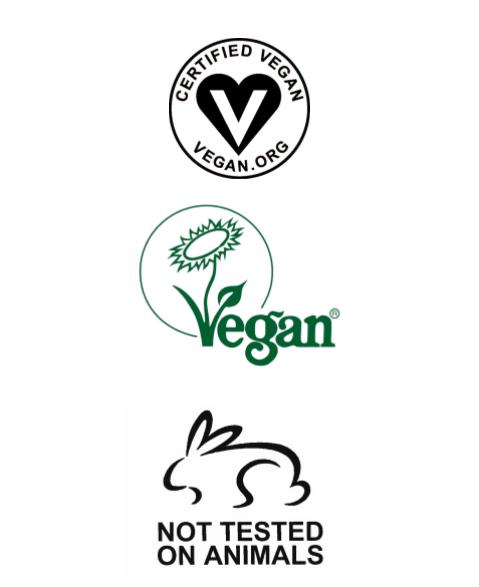
What is Vegan?
Vegan, in cosmetics, means that a product is made without animal products. Animal products are ingredients derived from an animal. Harvesting ingredients like carmine, collagen, or gelatin means death to an animal. Lesser invasive ingredients include lanolin, goat’s milk or honey.
Many people choose a vegan lifestyle for environmental matters, personal health reasons, or moral concern for animals. If looking for vegan products look for the Certified Vegan label, The Vegan Society label, or the CCF label.
The Certified Vegan label certifies that no animal ingredients are used, however it does not include cross-contamination among shared equipment. The Vegan Society label checks any potential cross contamination throughout product creation. The CCF label, considers both animal ingredients and animal cruelty in their certification.
People who are ethically concerned about animals are also probably very interested in “cruelty-free” which has a similar but different meaning.
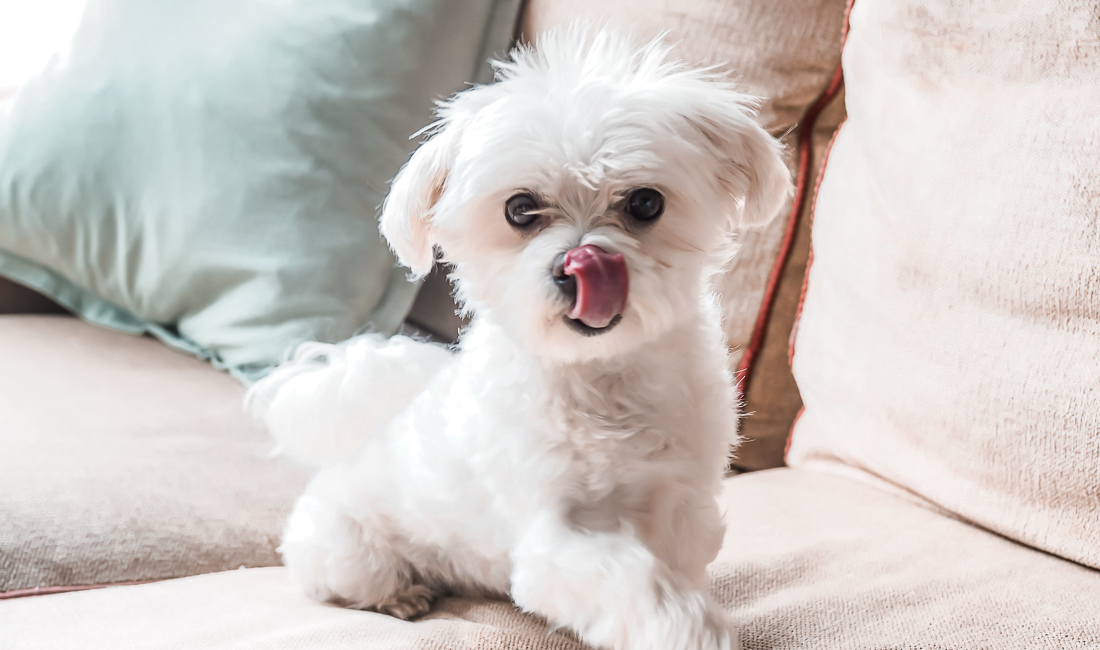
Vegan vs Cruelty Free
As defined in the dictionary, “cruelty-free” means “manufactured or developed by methods that do not involve experimentation on animals.” While vegan products don’t have any animal ingredients, they may not be cruelty-free. For example NARS now sells in China where animal testing is mandatory for foreign companies. Similarly, cruelty-free products may not be vegan (Manuka Doctor is cruelty free but uses honey). The best way to illustrate this is that PETA has 65 pages of products in their PDF of companies that don’t test on animals. There are only 31 pages of vegan companies that don’t test on animals.
Animal testing is a concern to many people in recent years due to the spotlight placed on it by PETA and other organizations. Animal testing facilities are poorly regulated and often cause suffering and death to millions of animals every year.
The label “cruelty-free” can be deceiving. If you are truly interested in cruelty-free products, it is probably best to look for the Leaping Bunny logo, PETA’s Cruelty-Free logo, or Choose Cruelty Free label.
PETA has a Cruelty-Free label which assures the company and its suppliers do not use animal testing. They have a second label that certifies products are cruelty-free and vegan. Leaping Bunny Program assures that the entire product is free of animal testing and is likely to be audited. Choose Cruelty Free, a smaller Australian organization, has the strictest set of criteria I’ve found stating that they only certify companies that are free of all animal products (meaning they are vegan) and will not certify a company unless their parent company fits the same criteria.
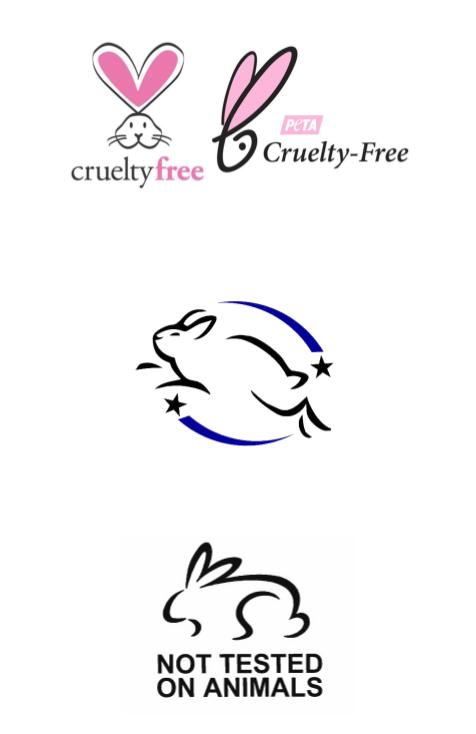
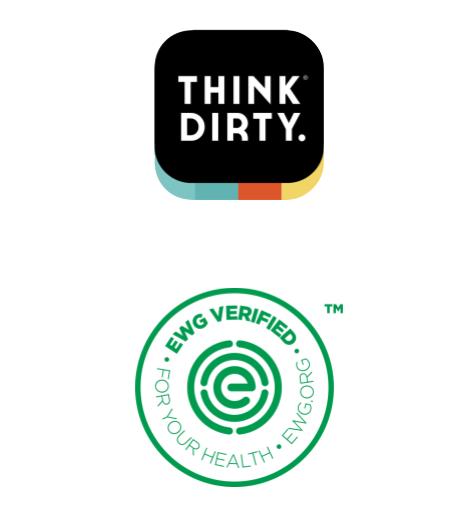
Vegan, Cruelty-Free, and Safe
Veganism and safety are not related. Safety is the concern for human health, not animals. Companies like Environmental Working Group and Think Dirty rate how safe products are by rating the toxicity levels of each ingredient in the product. Safe products are considered “clean”.
Very safe products can also contain animal derived ingredients like Beekman 1802’s Milk Deodorant. Vegan and cruelty-free products can also be considerably toxic. Remember how I said NARS was vegan? Some of their foundations are rated among the most toxic listed on the EWG site.
EWG has their own certification label which assures strictest standards for health. These products are sure to meet all the requirements for clean products. While EWG continues to pave a path for verifying which products are clean, there are still a lot of products to be evaluated, and a lot of times I find myself doing my own research using their database. That’s why My Clean Life exists. I created this blog to help others find non-toxic yet effective products.
The Verdict
For me, safety is top of mind. I don’t buy products that will compromise my health in the long run. However, there’s definitely an added perk if those products are vegan and cruelty-free. When thinking about my own little pup, and my concern for him, I feel better when I don’t contribute to the harm of other animals.
Let me know in the comments if you’d like to learn about products that are non-toxic, vegan, and cruelty-free. I’d also like to know, what are your thoughts on clean, vegan, and cruelty free?

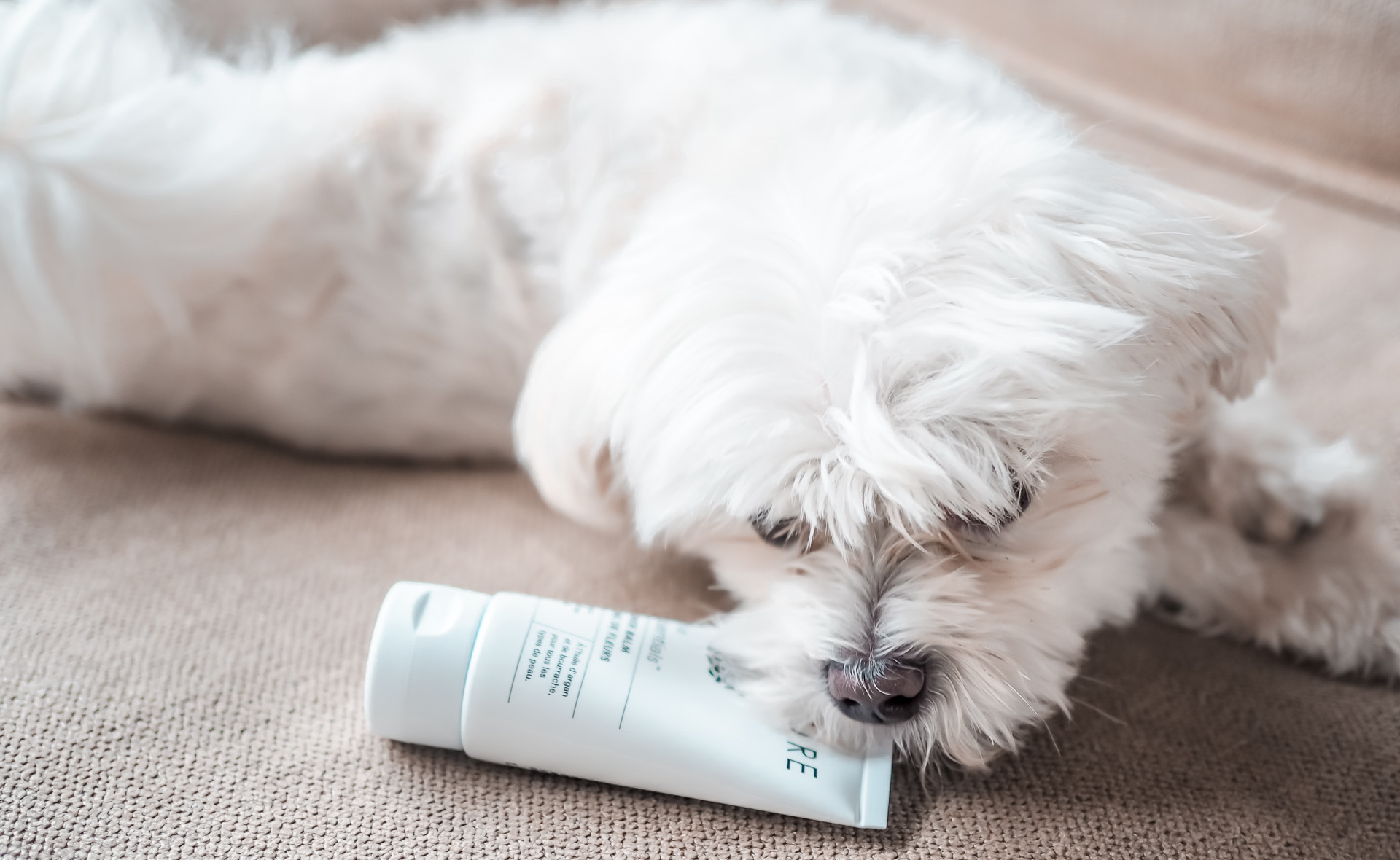
No Comments